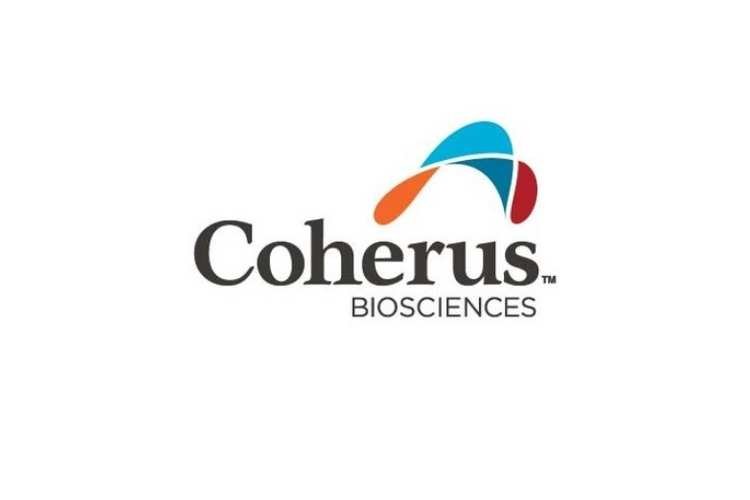Coherus BioSciences has experienced a challenging journey in seeking FDA approval for its PD-1 inhibitor, toripalimab, developed in partnership with China’s Junshi Biosciences. The progression has been marred by a complete response letter, deferred preapproval inspections, and most recently, a new issue uncovered at a clinical trial site in China, revealed Coherus on Monday.
The FDA’s Form 483 highlighted a single observation at one of the three sites in China responsible for the phase 3 clinical data of toripalimab’s FDA application for nasopharyngeal carcinoma. Despite these hiccups, Coherus remains optimistic, emphasizing that the observation is manageable and projecting approval by the year’s end.
The FDA initially denied toripalimab as a primary treatment for nasopharyngeal cancer in May 2022, citing the need for a quality process change and COVID-related travel restrictions hampering inspections in China. The partners promptly re-applied in July 2022. By May 2023, although the FDA completed the inspection of Junshi’s manufacturing site, three issues were identified. Coherus maintained that each issue was solvable, but these adjustments have contributed to over a year’s delay.
Coherus and Junshi are not alone in facing delays, as their Chinese competitor, BeiGene, is also awaiting FDA’s decision for its drug, tislelizumab, initially expected in July 2022. The protracted review has led BeiGene to submit a separate new drug application and part ways with its partner, Novartis.
Related: Novartis Gives Up On Tislelizumab, BeiGene’s PD-1 Inhibitor Approved In Europe
In a parallel development on Monday, Coherus disclosed the FDA’s refusal of an on-body injector version of Udenyca, a biosimilar referencing Amgen’s Neulasta. The complete response letter pinpointed issues at a third-party filler but did not question the drug’s substance, device manufacturing, clinical efficacy, or safety. This follows a previous setback for the Neulasta analog in 2017 when the FDA sought additional manufacturing information and a reanalysis of patient samples.
The on-body injector, if approved, would be the third presentation of Coherus’ Neulasta biosimilar, which has already introduced an under-the-skin version and a prefilled autoinjector. Despite these challenges, Udenyca has shown commercial success, with sales reaching $31.7 million for Coherus in the second quarter.





























